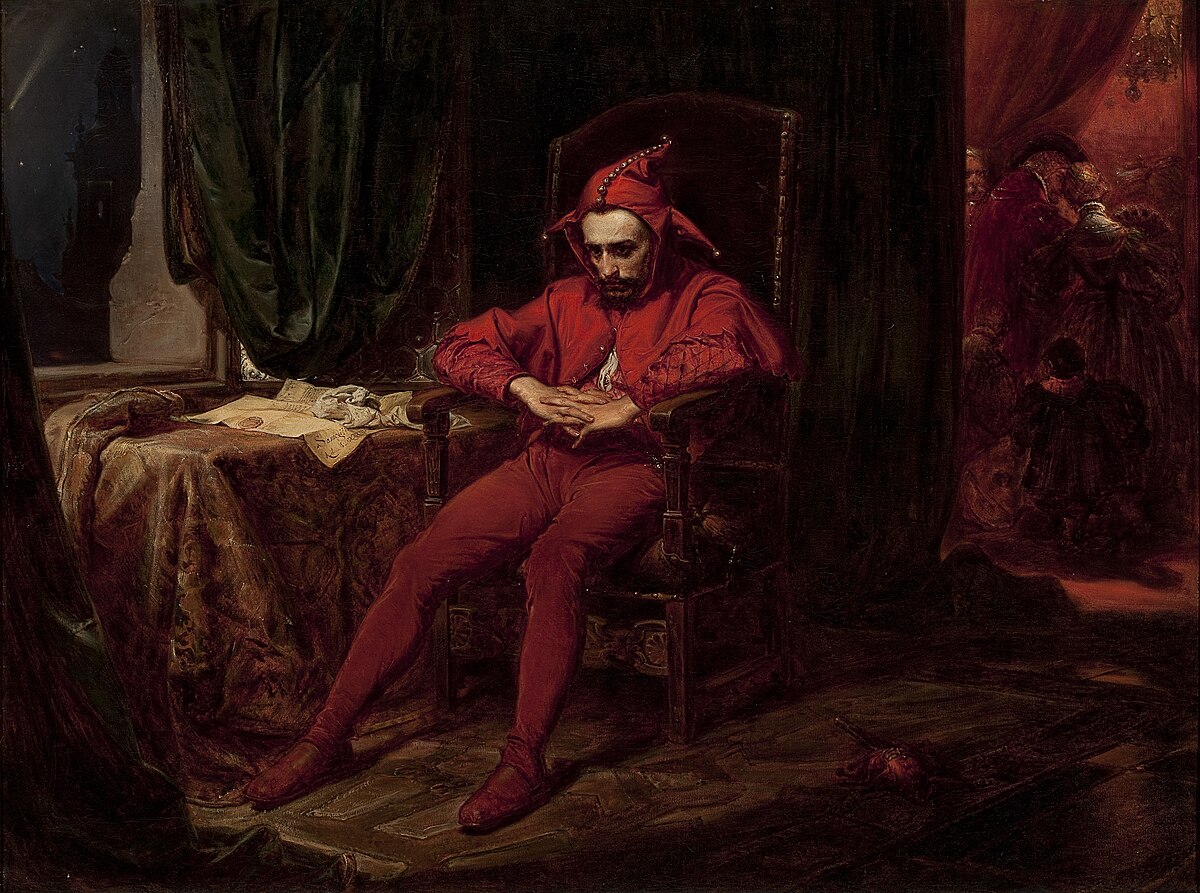SEPTEMBER 7, 2024 – As we enter the last eight weeks of the endless presidential campaign, the Man Who Would Be Grover gets weirder and weirder, to borrow from the Man from Minnesota. If, in the words of Winston Churchill, Russia is “a riddle wrapped in a mystery inside an enigma,” the Republican re-candidate for president is “a clown wrapped in a cartoon inside a caricature.” Yet, this modern day Narcissus with the thought processes of a bag of wind seeks not another turn at the Ferris wheel but a second stint in the Oval Office.
That a clown would decide to run for president of the United States is not surprising in . . . the United States, especially given that we’re a nation of 330 million souls, with 10 million more (most of whom are either escaped convicts or extremely mentally ill) each day pouring over the entire length of our unpatrolled 5,000-mile border with Dark People. What is surprising beyond anything in our entire political history is that close to half the people polled favor a crank, a clown (and a criminal) all in one over a person who by all accounts and appearances is neither a crank, a clown, a criminal, nor, for that matter, a communist.
Of these 10s of millions who say they favor the crank, the clown, the criminal, many—I’ll even say “the vast majority”—are smart, decent, capable Americans. I’ll readily stipulate to that working assumption. In many instances, in fact, I would rigorously defend and champion these folks. How could that be? Ha! Quite easily, since many of these people I count among my friends, associates, and relatives. In other words, I know and like and respect many people who would choose a clown show over most any other form of government.
What baffles me is that people would go for a clown who doesn’t have a smile, a joke, a laugh in his repertoire. I mean a genuine smile, a laughable joke, a spontaneous laugh. This crank in a clown suit is bereft of humor—honest to goodness humor; the ability to see the levity in life even when life is otherwise burdened by grave difficulties and steep challenges. How fast the heart sags and the soul withers when the mind is shut off from authentic humor. And how sad when the sad clown never smiles, even when he stands on his head!
I suspect the Man Who Would Be Grover (Cleveland, the only president to serve non-consecutive terms), was deprived of humor in his upbringing and quite possibly in his genetic inheritance, if we are to believe stories about his father. Certainly the sad clown might have observed humor on the playground, maybe on television, but something in his makeup—makeup?—closed his heart, mind and soul to a sense of humor. He never learned to tell a joke, to laugh at himself and his own foibles, even in the privacy of his silent thoughts. Again, by example and genetics, he knew only how to compensate for extreme insecurity. He learned that emotionally, the best defense is an offensive offense, and in a culture that rewards bluster and belligerency in direct proportion to the insecurity they camouflage, the man with a comic book surname made himself into a comic book character.
The public—avid consumers of comic strip pulp—fell for the act. “What we need in the White House,” they cried, “is a businessman!” And after all, as President Calvin “Cool Hand” Coolidge famously said, “The business of America is business.” Except the sad clown whose upside-down frown was still a frown was no businessman—as if that (versus experience in the demands of executive functions inside a large institution—such as a public company, university, or government bureaucracy) qualifies a person to be president. He was and always would be the sad clown, who in addition to pushing a sad act, hawked peanuts and popcorn to the crowd—commodity products distinguished solely by the label. “A businessman”? Hardly, but he rode the circus fare all the way to a house of gold—fool’s gold—and intoxicated by the glitter, he aspired to be president of an organization larger in scope than the Fortune 50 combined (let alone the simple franchisor of a “brand”), not having the vaguest clue about what the role involved nor the slightest aptitude for its mighty responsibilities.
Getting back to the clown’s fan base, as the ancient adage has it, “You can fool some of the people some of the time and you can fool some of the people all the time, but you can’t fool all the people all the time.” When the sad—now old and sad—clown finally goes the way of all the people all the time, perhaps the best inscription upon a modest granite stone over his grave will be an abbreviated adaptation of the old adage:
“To the detriment of all the people, he fooled some of the people all the time.”
Subscribe to this blog and receive notifications of new posts by email.
© 2024 by Eric Nilsson

1 Comment
BRAVO. Well said.